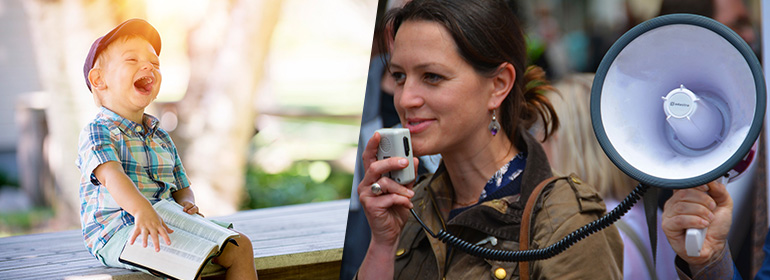As two by two my straight friends pair off and have kids, our paths are diverging, and it’s leaving me to think about what I can do within my own community
In my teens my closest friend was a straight girl, a charmingly pretentious, well-read, sexually explorative, gin-drinking intellectual – as close to a female counterpart to myself as I could have invented. We would go to the corner shop and buy a litre of rosé wine and get trashed, then paint classical poetry over the rocks of our coastal town. We thought we were the shit because we were the shit, a dirty little secret that only we knew. We were inseparable, rehearsing our futures together and keeping one another afloat as we planned our escapes from the suffocating port of our childhood.
We were still close years later when she got married. She was the closest thing to a sister that I, an only child, could imagine.

Myself and another friend pulled her hen party together in about five hours and went above and beyond to make in run smoothly when it threatened to derail. To all intents and purposes I was a bridesmaid, but when the day arrived I wasn’t in the wedding party. That day I felt painted out of the picture by convention and tradition – I felt the weight of my sexuality, defined by it, suddenly an outsider with my best friend. You could call the feeling straight envy.
While some of my friends remain as rootless as ever, others, mostly straight, are beginning to settle down. There’s been a notable spike in wedding invitations, pregnancies and babies. I’m happy for them, but a divergence in our life paths is obvious. It’s got me thinking about where I belong amongst these settled lives.
Sometimes implicit societal parameters remind you that you are part of a minority.

Being gay in my teens made me an outsider for sure, forcing me to consider how it would pivot my life. When I came out to my mother her first words were: “Well, I think that will make things very hard for you.” She said it out of love and fear for how I might be limited or endangered, and she probably worried twice as much because I was already a weirdo. While I never saw my sexuality as a disadvantage, and have put energy into exploring it and being open about it, I can’t deny its affect on aspects of my experience.
Something I wrestled with more than actually being gay was how it would be harder for me to become a father, something I had assumed as a child was in my future. When I tested positive that thought returned, doubled. Over the years I’ve made peace, as many gay people have, with the fact that having kids, while not completely impossible, is a lot more unlikely for me than most straight people. Biology aside, gay people have to fight to become parents whether through parent partnering, IVF or adoption, so as many of my friends start having kids, differences arise.

Sometimes I’m left to wondering what it was about having kids that meant so much to me at one point and, if that isn’t going to happen for me, how can I apply that energy to somewhere else in my life? If I don’t have children, then how else can I contribute?
Much like our parents, our gay ancestors fought to make things easier for us, calling for equality so new generations might live better lives than they did. We respect them by recognising and appreciating that struggle and by taking advantage of what is afforded to us by their sacrifice. Despite the progress we’ve made, recent events show that it could all come crashing down around us, even here in Ireland, so we must continue to speak out for the next generation of gay people.
No matter how easy things appear to get, and there are so many things we can do to contribute, from marching at Pride to donating to your local GUIDE clinic, or just accepting and encouraging one another. Over the decades we have proven our tenacity as a community. LGBT people are fighters who know what it feels like to be forced to the fringes. We know how to fight our way out, but we also know how to communicate, connect and build bridges, personally and politically.
We are capable of standing our ground and we sure as hell know how to organise community around a virus without government aid. Most importantly, though, we know how to create a family with others who do not share our blood. If I’m not going to have the chance to raise my own family, then I want to do what I can to keep the path clearer for my community, for those I hold dear in the world: my chosen family.
Like Dolly Parton said about her choice to remain child-free: “I often think it just wasn’t meant for me to have kids so everybody’s kids can be mine.” I want to encourage and support my people, to fight for visibility and protect our collective voice.
© 2017 GCN (Gay Community News). All rights reserved.
